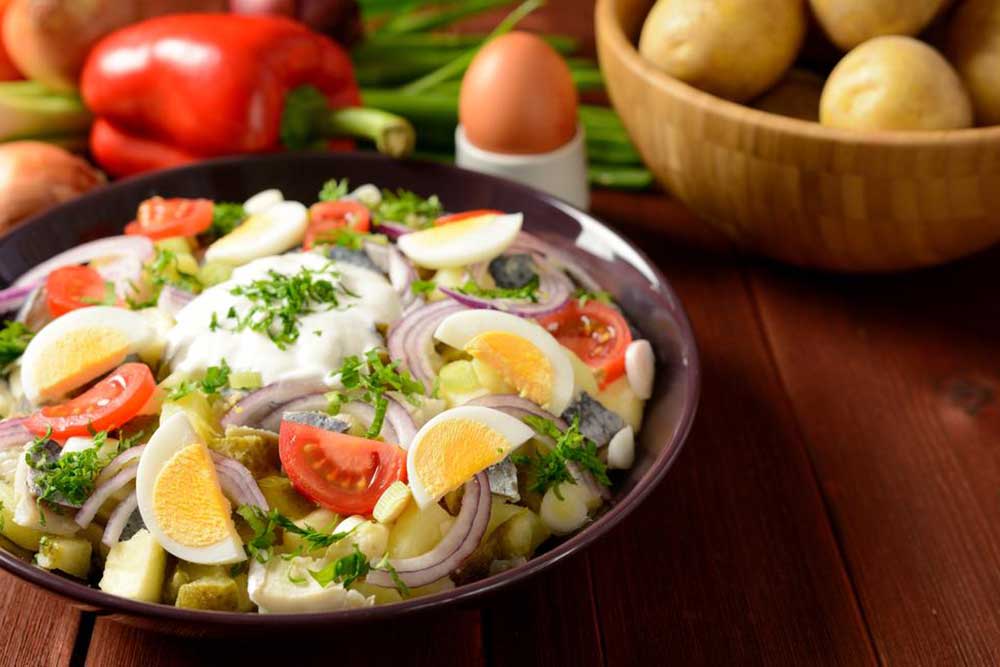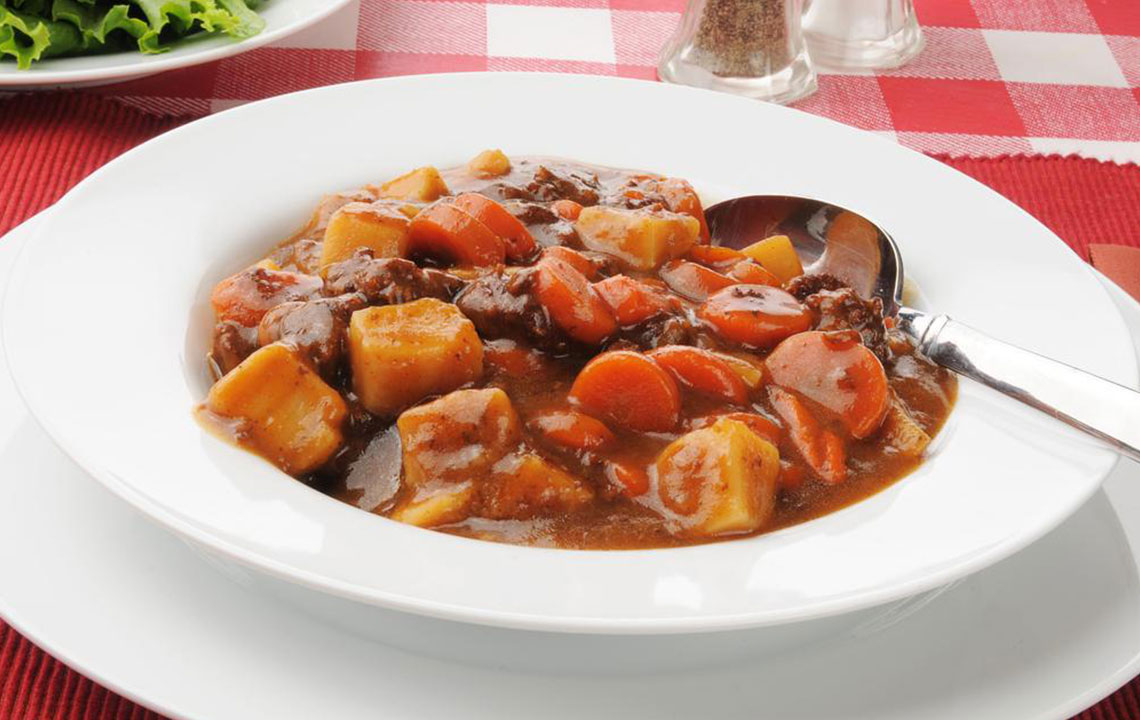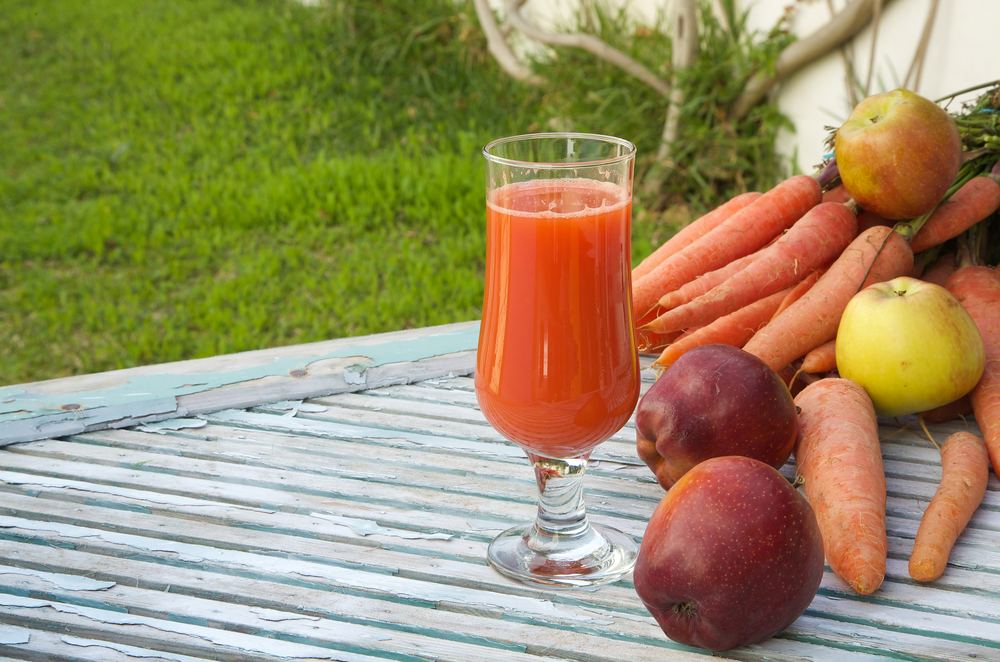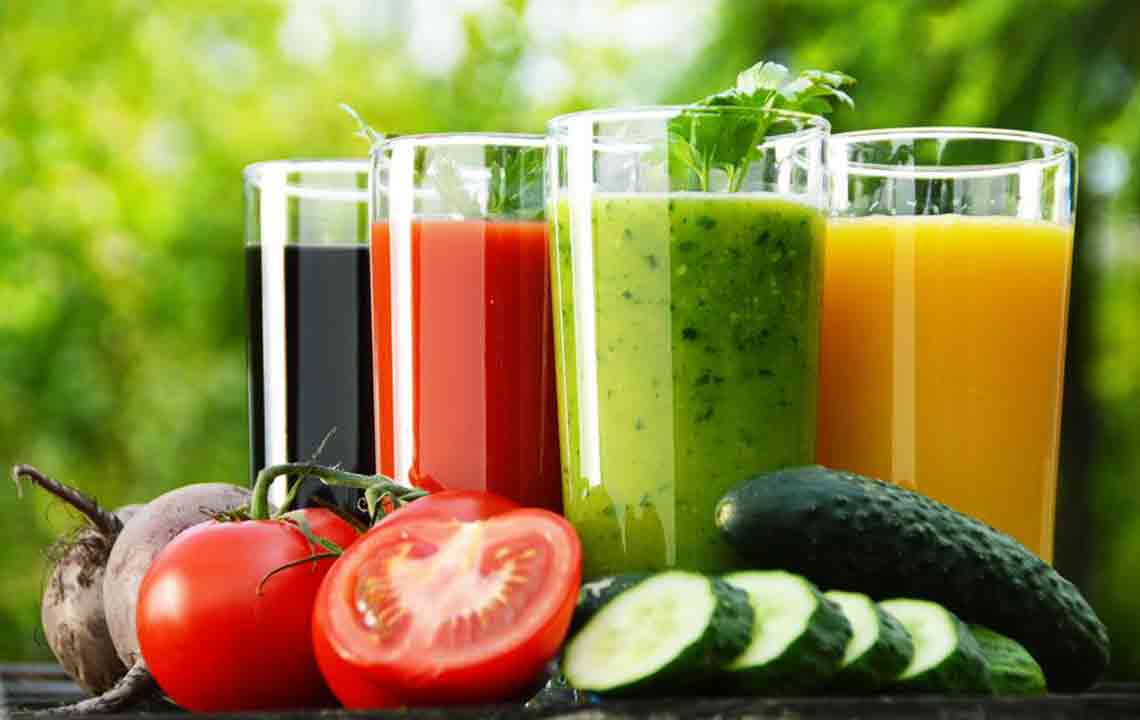Essential Nutrition Strategies for Kidney Wellness
Discover effective dietary strategies to promote kidney health. This article outlines diets for various kidney conditions, emphasizing balanced nutrition and healthy habits to prevent and manage kidney disease, stones, and failure, enhancing overall well-being.
Sponsored
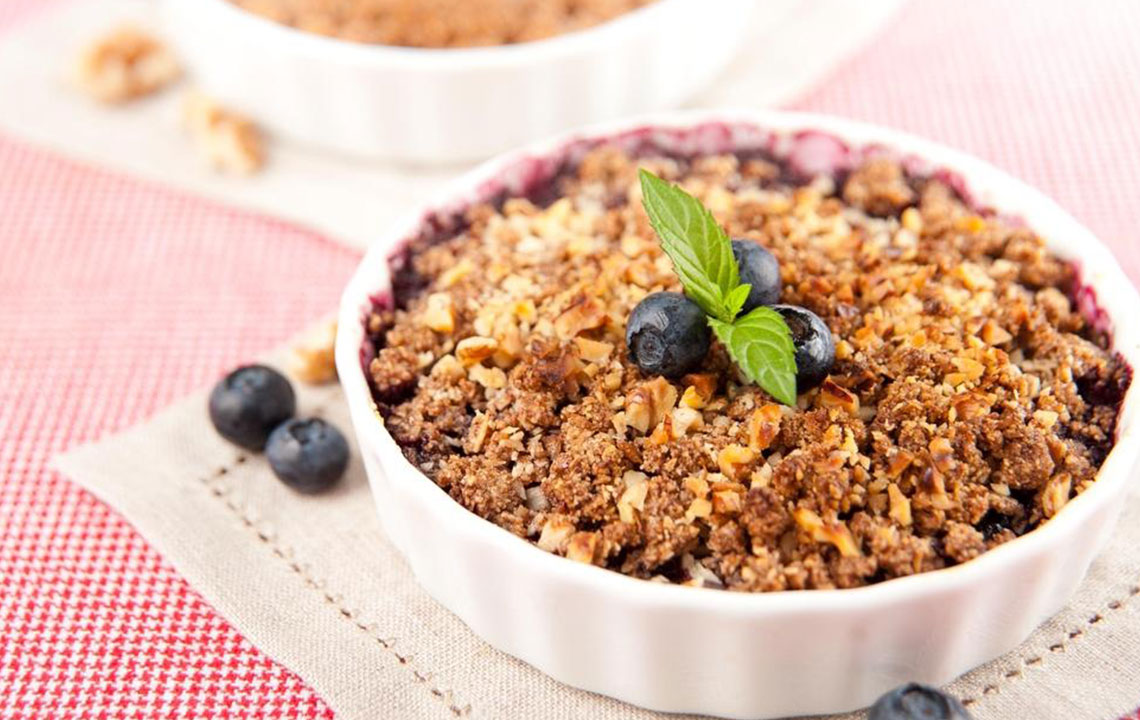
Optimal Dietary Approaches to Support Kidney Health
The kidneys play a vital role in our body's excretory system by filtering blood and regulating fluid levels. They remove excess fluids and waste, ensuring overall balance. When kidney function declines, mineral and chemical imbalances occur, leading to the buildup of harmful substances that impair health. Consuming foods high in salt, artificial sugars, and heavy meat intake can strain these vital organs.
Unhealthy eating habits, such as smoking, excessive alcohol, drug use, and dehydration, further damage the kidneys and may cause renal failure. Adopting a balanced diet with moderate salt and sugar, alongside healthy lifestyle choices, is crucial for kidney maintenance.
Consuming processed foods with high salt content causes water retention, stressing kidneys. Heavy meat consumption requires extra metabolic processing, adding to kidney workload. A well-planned kidney-friendly diet helps prevent disease. Additionally, habits like smoking, painkiller abuse, insufficient water intake, alcohol consumption, and drug use can harm kidney function, risking failure. A diet emphasizing controlled nutrients and healthy habits supports long-term kidney health.
Explore the following dietary plans to maintain optimal kidney function:
Diabetic Kidney-Friendly Diet
Many diabetics develop kidney issues due to elevated blood sugar levels, leading to infections and failure. This diet balances blood sugar and reduces renal strain by controlling fluid and waste intake. Calorie and carbohydrate management is essential for stability.
Recommended Foods
Skimmed milk, unsweetened yogurt
Whole grains: wheat, rye
Fruits: apples, berries, grapes, pineapple
Water, homemade herbal teas, lemonades
Foods to Limit or Avoid
Sugary dairy and frozen desserts
Processed cereals, salted snacks
High-potassium fruits: bananas, oranges, dried fruits
Sugary drinks, sodas, and alcohol
Low-Protein Diet
Designed for those with kidney impairments, this diet minimizes urea buildup by restricting high-protein foods. It emphasizes complex carbs and healthy fats for energy. Strict supervision by healthcare professionals is necessary to prevent deficiencies and monitor health progress.
Suitable Foods
Vegetables and fruits like lettuce, cucumbers, apples, parsley, water chestnuts
Breads
Corn and potatoes
Foods to Avoid
Meat, eggs, fish
Dairy products: yogurt, milk, cheese
Pulses and legumes
Kidney Stone Management Diet
Kidney stones are mineral and salt deposits that vary by type—calcium oxalate, phosphate, uric acid, or cystine. Specific dietary modifications help prevent formation based on stone type.
For Calcium Stones
Consume dairy: milk, cheese, yogurt, tofu
Include lean meats and low-fat options
Limit salt and processed foods to prevent stone formation.
For Oxalate Stones
Avoid rhubarb, strawberries, currants
Limit vegetables like spinach, sweet potatoes, and leeks
Reduce tea and coffee intake
Minimize nuts, chocolate, and grits
Chronic Kidney Disease (CKD) Diet
CKD involves progressive loss of kidney function, often requiring dialysis. The diet focuses on reducing fluid and electrolyte intake to prevent fluid overload and toxin accumulation. Protein intake is carefully managed, and sodium is minimized.
Preferred Foods
Fruits, grains, vegetables
Hard candies, honey, jelly
Low-protein foods and limited fish or eggs
Low sodium or unsalted options
Foods to Avoid
High-protein items: dairy, meats
Salt-rich foods and processed snacks


